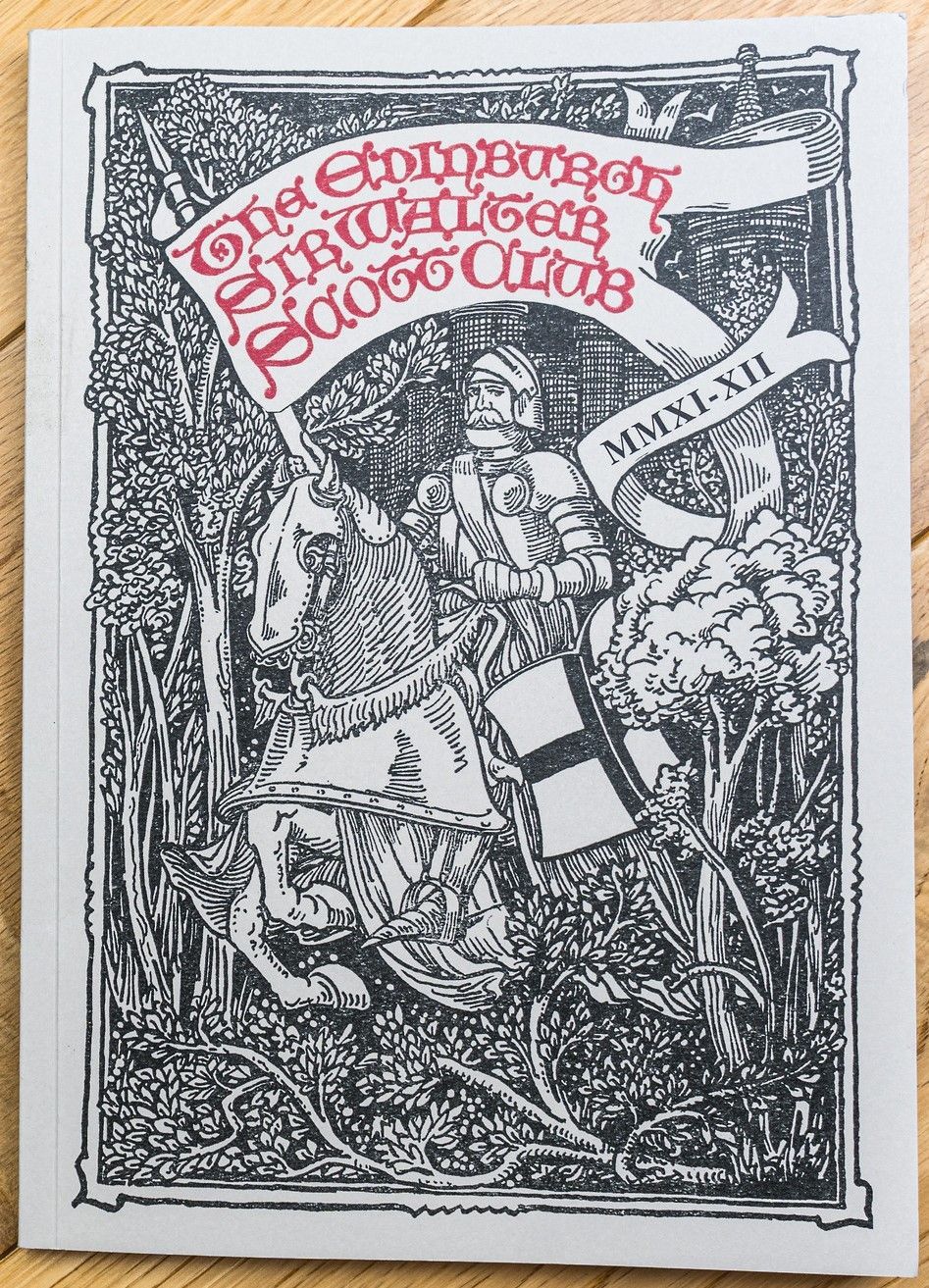Scott and James Hogg: A City and Country Friendship
Thursday 3rd May 2012
Summary of the Talk:
Dr. Gillian Hughes explores the long-standing friendship between Sir Walter Scott and James Hogg, which spanned over thirty years. Despite the differences in their social standing and literary reputations—Hogg's feelings of jealousy and Scott's occasional condescension—the relationship remained solid. Hogg regarded Scott as a father figure, even likening their bond to that of a family, with Scott as a patron and guiding influence in Hogg's literary career. Although Hogg was likely older than Scott, the latter maintained a senior position, particularly because of their initial relationship formed when Scott sought material for Minstrelsy of the Scottish Border.
Their friendship developed gradually, beginning with Hogg providing ballad material for Scott in the early 1800s, and Scott’s later support for Hogg’s literary ambitions. Scott helped Hogg by assisting with the publication of The Mountain Bard (1807), among other works, and even dedicated the volume to him. Despite Scott’s own growing success, he continued to support Hogg, including helping him publish The Spy and advising him on his financial and literary matters. However, Scott's judgment of Hogg's potential was occasionally less enthusiastic.
While Scott enjoyed his status in Edinburgh, Hogg struggled in the city, both financially and in finding his place among other literary figures. The two friends had some tensions, notably a quarrel over Scott's refusal to contribute to Hogg’s poetic repository, but these disagreements were often reconciled.
The friendship deepened when Hogg's success with The Queen's Wake (1813) renewed his confidence. As Hogg found more stability, he enjoyed collaboration with Scott, particularly in events like the publication of The Ettrick Garland. Scott continued to be an influential figure in Hogg’s life, both as a patron and a source of inspiration, helping Hogg navigate both literary and personal difficulties.
Later, Scott’s declining health led to more emotional exchanges between the two. Despite their differences in social status and the occasional tension, Hogg and Scott maintained a deep and supportive friendship throughout their lives.
Interesting Points to Mention:
- Familial Bond: Hogg regarded Scott as a father figure, even calling him a "step-son" when Scott’s son married Hogg’s friend, Lockhart. This shows the closeness they shared, transcending mere friendship to a familial connection.
- Scott's Patronage: Scott helped Hogg throughout his life, not only in promoting his works but also in offering financial and career advice. This patronage was particularly significant as it kept Hogg’s literary career alive when he was struggling in Dumfriesshire.
- The Myth of Their First Meeting: Hogg later romanticized their first meeting, giving it a dramatic flair, including the idea of Scott being reprimanded by Hogg’s mother for his ballad collection. This myth-making highlights the deep impact their relationship had on Hogg.
- Scott’s Cool Judgment: At one point, Scott suggested that Hogg had just enough talent to undermine his own trade, a harsh assessment for someone who would later write The Private Memoirs and Confessions of a Justified Sinner. This moment reflects Scott’s sometimes practical and realistic view of Hogg’s literary potential.
- Hogg's Increasing Confidence: After his success with The Queen’s Wake, Hogg became more confident and less anxious about his reputation, aided by Scott’s support, especially during events like the publication of The Ettrick Garland.
This exploration of their relationship illustrates a complex but enduring bond between two of Scotland's literary giants, shaped by patronage, mutual respect, and personal struggles.
Download the [transcript] or read the [bulletin]

Download the [transcript] or read the [bulletin]
Gillian Hughes is the author of James Hogg: A Life (2007) and editor or co-editor of several volumes in the Stirling / South Carolina Research Edition of the Collected Works of James Hogg, including Hogg’s letters in three volumes (2004-08). More recently she has edited or co-edited works by Stevenson, Scott, and Lockhart. Walter Scott, The Shorter Poems, ed. P. D. Garside and Gillian Hughes, was published in the Edinburgh Edition of Walter Scott’s Poetry in 2020.


